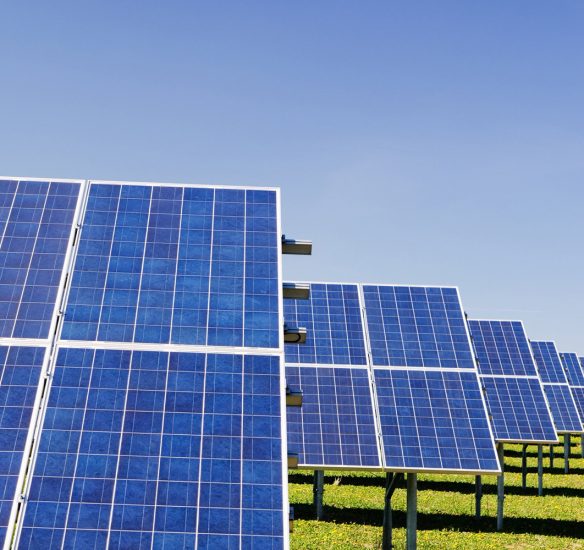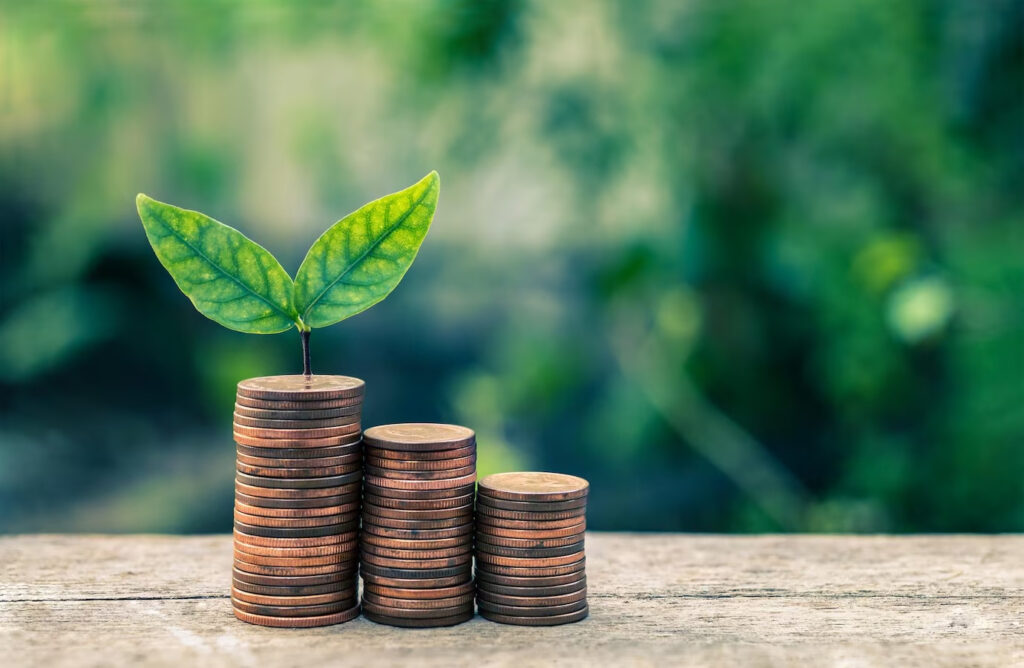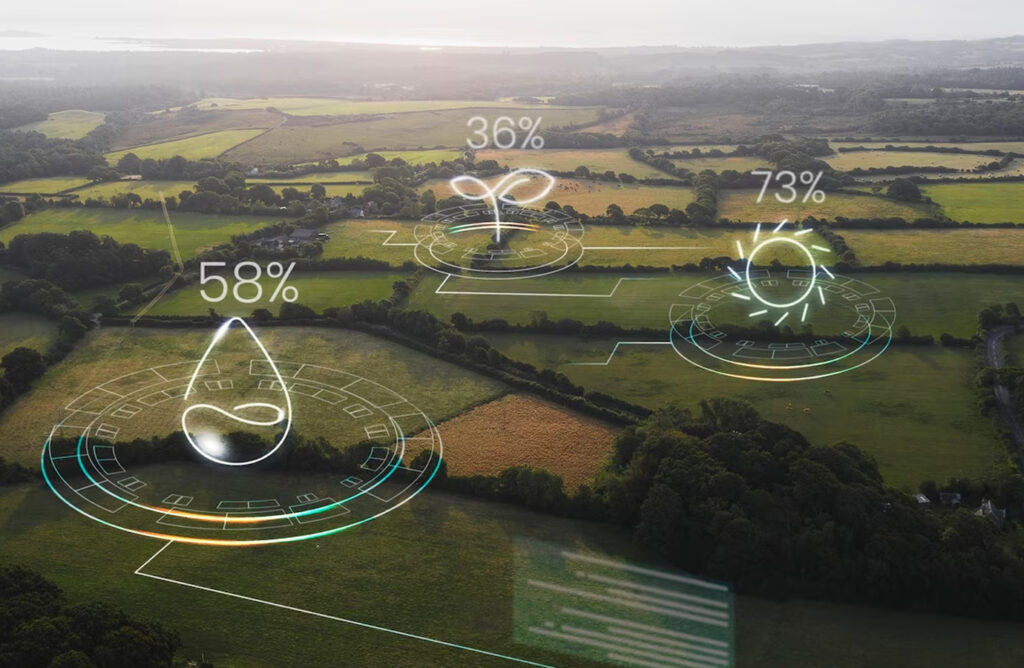European Project
SOCIAL GREEN DEAL



Context
The European Green Deal, presented by the European Commission in December 2019, was created with the aim of decarbonising the European economy, achieving climate neutrality by 2050 and building industrial and energy autonomy that makes the EU more competitive with the USA and China and less dependent on Russia and China. With the pandemic and the crisis that resulted from it in 2020/2021, the European Union decides to focus the recovery and resilience strategy on the ecological, as well as digital, transition and for the first time provides itself with a financing instrument, the Next Generation EU based on common public debt, in practice issuance of Eurobonds to finance loans and subsidies to Member States intended for objectives established at community level and to be used according to certain methods. 37% of all investments in the national Recovery and Resilience Plans are tied to investments for the ecological transition. Russia's invasion of Ukraine in February 2022, aimed at acquiring its raw materials, starting from natural gas, coal, oil, iron, manganese, uranium, titanium and other mineral resources such as lithium, i.e. the new white gold, forces Europe to deal with its energy dependence on Russian gas and to accelerate the process of switching from fossil fuels to renewables.
European strategies must be implemented in the territories, which find themselves questioning consolidated models of production and consumption, with consequences that impact employment. The repercussions in terms of employment are not predefined, but depend on the methods of managing the transition processes. A poorly governed transition risks worsening territorial, economic and social gaps, leading to job losses and an increase in poverty. A well-governed transition, which looks at social cohesion as a territorial development strategy, can trigger virtuous and lasting processes on employment dynamics.
In this context, trade union organizations, which represent the interests of workers and local communities, have a role to play in the management of ecological transition processes, both in the planning phase and in the implementation, monitoring and evaluation phase.
Analyzing the role played so far in the context of the negotiating tables with public institutions, businesses and employers' associations helps us to reflect on the margins for improvement to be explored to ensure that the transitions are truly fair and inclusive and leave no one behind, starting from young people, women and low-skilled workers, especially in those less developed areas, already marked by the scars of the pandemic and more exposed to the negative effects of poorly governed transitions.
